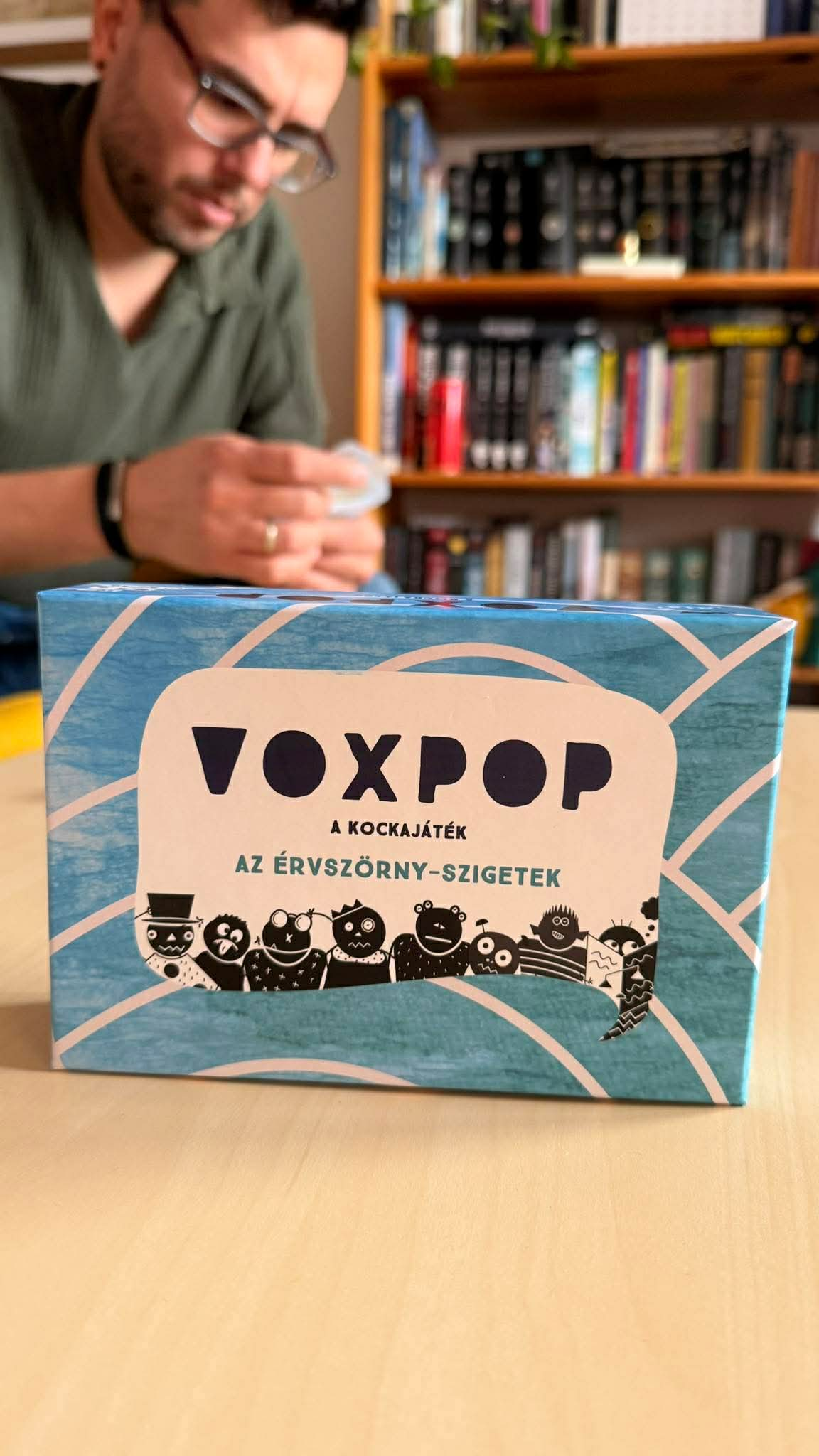I had an important presentation this week. Back in December, a psychologist approached me about creating a board game to accompany their book. Naturally, I'm always happy about any work opportunity, but I especially cherish situations where I can push the boundaries of my comfort zone.

The book's subtitle clearly defines its content: the psychology of sensitive topics for children. It deals with difficult issues like chronic illness, abuse, media violence, addiction, poverty, divorce, gender, sexuality, childbirth, birth, death, and grief. The goal of the book is to motivate parents and provide them with tools to discuss these topics with their children at home.
Obviously, I started the work by reading the book. As a father, I immediately felt that this was something important and exciting. I particularly liked that I was receiving practical advice from a professional, in an understandable language, and a poet had written poems for each topic. So, as a father, the book captivated me. As a game designer, however, it made me uncertain.
I see around me, and on social media too, that conversational card games are proliferating like mushrooms. We draw a card with a question on it and then answer it. Or something like that. Sometimes there's minimal embellishment, but for someone like me who sees the game in everything, these barely qualify as games. I'm not saying that creating dozens, often hundreds, of questions isn't a big job, but where's the game design in that? What are these works doing in the market where I try to navigate? Yet they are popular. Probably because they are easy to access. From a user's perspective, it's very convenient to buy a deck of cards, open it, and start using it immediately. No need to read rules, no need to understand them. So I think I get it, and it's fine, but I'm interested in something else.
But if I'm interested in something else, I had to understand how a game could work differently in this genre, as the goal here is the same as with conversational starter cards: to facilitate quality conversations. A deeper understanding of the book helped a lot in the end, because the authors' attitudes and dual approach (psychological, poetic) already provided an interesting starting point. We just had to ride this wave.

We worked on the concept for about four months. I brought the game mechanics ideas, and they contributed content ideas. The game flow guided us throughout, and it soon became clear what we wanted, how we wanted players to feel. Interestingly, we felt that humor was very important in relation to these difficult topics, and that it shouldn't just be a simple conversational card game. Instead, we should really play, move, laugh, do unusual things, compose poems, and amidst all the stimulation and framing, have good conversations.
The first tests are very promising. We designed a path consisting of four smaller games, with the full game lasting between 35-45 minutes, but the modules can be played separately if we feel like it. So the game itself is less than an hour, but the conversations it sparks will stay with us all day. For example, during the tests, we dealt with the topic of death. I took it home to my wife and daughter, and the result was that the topic kept coming up in new rounds after the game, we had to take out another book to read about it, and even before bed we were getting questions. We opened something up. I'm not saying it was an easy day, neither for us nor for our daughter, but I also felt that it turned into an important and defining day. The game helped us address a taboo topic. And that's the goal.

And fortunately, this came across in the publisher's presentation as well, where they approved the concept, were enthusiastic, and we started planning the production. My most important task now is to organize further testing and, based on that, refine the rules. We believe we can go through this process over the summer and start production in the fall, so the game can be available by Christmas. After the announcement, we feel that both families and therapeutic professionals are eagerly awaiting the outcome of our work. And that's quite motivating.





